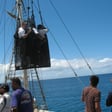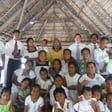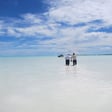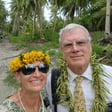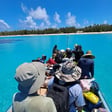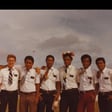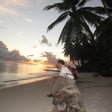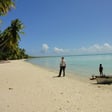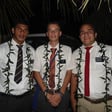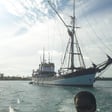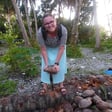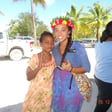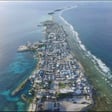
Episode 24: David Boaden - Marshall Islands - Ebon, Jaluit, Majuro
David Boaden served in the Marshall Islands from 2013 - 2015 and was blessed to serve on two outer islands, Ebon and Jaluit, as well as the main island of Majuro. During his time as a missionary, David was able to help many of the Marshallese people come unto Christ and find joy. One of those amazing conversion stories involved a very well known pilot in the Marshall Islands who remains strong and is currently serving as the Bishop of the Long Island, Majuro Ward.
David was able to find the love of his life in the last area of his mission. After being married and sealed in Australia, they now live back in the Marshall Islands with their son.
#MarshallIslandsMajuroMission #MarshallIslandsKiribatiMission #MarshallIslands #Majuro #Ebon #Jaluit #TheIslandsPodcast #theislands #PacificIslands #PacificIslanders #Micronesia

